Space Operations Specialist (SCOS)™
Learn about SCOS program
- Length: 5 days
- Instructor led
- Online, onsite and Live online
Space Operations Specialist (SCOS)™
The Space Operations Specialist (SCOS)™ Certification, offered in collaboration by Tonex and IS4, is a comprehensive program designed to equip professionals with the essential skills and knowledge required for effective space operations. This certification covers a wide range of topics, providing participants with a deep understanding of space systems, satellite operations, and mission planning.
This comprehensive training equips participants with essential skills and knowledge, covering a spectrum of topics from space systems architecture to international space regulations. Delving into satellite operations, mission planning, space debris management, and threat assessment, the SCOS™ program ensures a holistic understanding of the intricacies involved in space activities.
With a focus on practical applications, participants gain hands-on experience in launch procedures, orbital maneuvers, and emergency response. This training program is tailored for engineers, managers, and decision-makers in the aerospace industry, offering them a competitive edge in an ever-evolving space landscape. Enroll in the SCOS™ training to elevate your proficiency, contribute to space mission success, and navigate the complexities of contemporary space operations with confidence.
Learning Objectives:
- Acquire in-depth knowledge of space systems architecture.
- Develop proficiency in satellite operations and control.
- Master mission planning and execution in space operations.
- Understand the principles of space debris management.
- Enhance skills in space situational awareness and threat assessment.
- Gain insights into international space regulations and compliance.
Audience: This certification is ideal for professionals involved in space operations, satellite communication, mission planning, and regulatory compliance. It is suitable for engineers, managers, and decision-makers in the aerospace industry seeking to advance their expertise in space-related activities.
Course Outline:
Module 1: Introduction to Space Operations
- Space Systems Overview
- Satellite Architecture
- Orbital Mechanics Fundamentals
- Launch Procedures
- Satellite Lifecycle Phases
- Space Mission Types
Module 2: Satellite Operations and Control
- Launch Procedures and Considerations
- Orbital Maneuvers
- On-Orbit Operations
- Satellite Communication Systems
- Troubleshooting Techniques
- Emergency Response in Satellite Operations
Module 3: Mission Planning and Execution
- Mission Planning Fundamentals
- Tools and Technologies for Mission Planning
- Real-Time Mission Execution
- Monitoring and Control Centers
- Risk Management in Mission Planning
- Post-Mission Evaluation
Module 4: Space Debris Management
- Understanding Space Debris
- Impact of Space Debris on Satellites
- Mitigation Strategies
- Space Debris Tracking Technologies
- International Collaborations in Space Debris Management
- Legal and Ethical Considerations in Space Debris Handling
Module 5: Space Situational Awareness and Threat Assessment
- Space Environment Monitoring
- Threat Assessment in Space Operations
- Identifying Potential Risks
- Early Warning Systems
- Space Surveillance Technologies
- Collaborative Approaches to Space Situational Awareness
Module 6: International Space Regulations and Compliance
- Overview of International Space Laws
- Key Space Treaties and Agreements
- National and International Regulatory Bodies
- Licensing and Authorization Processes
- Compliance Audits and Inspections
- Ethics and Responsible Conduct in Space Activities
Preparation for SCOS™ Certification:
- Overview of SCOS™ Certification
- Eligibility Criteria
- Examination Structure
- Study Materials
- Practice Tests and Mock Exams
- Study Strategies
Exam Domains:
- Orbital Mechanics and Celestial Navigation
- Spacecraft Systems and Subsystems
- Mission Planning and Execution
- Space Environment and Hazards
- Communication and Data Management in Space Operations
- Emergency Procedures and Contingency Management
- Space Policy and Regulations
Question Types:
- Multiple Choice: Assessing factual knowledge and understanding of fundamental principles in space operations.
- Short Answer: Evaluating the ability to apply concepts to solve problems or scenarios related to space operations.
- Scenario-based: Presenting real-life or simulated situations to test decision-making skills and application of procedures.
- Diagram Analysis: Interpreting diagrams or schematics of spacecraft systems, orbits, or mission plans.
- Essay: Exploring deeper understanding of space policy, regulatory frameworks, or critical analysis of space-related issues.
Passing Criteria: To pass the SCOS™ Training exam, candidates must:
- Score at least 70% in each exam domain.
- Achieve an overall average score of 75% across all domains.
- Demonstrate proficiency in applying knowledge to solve practical scenarios and analyze complex problems.
- Exhibit a thorough understanding of space operations principles, procedures, and regulations.
Need help? Contact us
